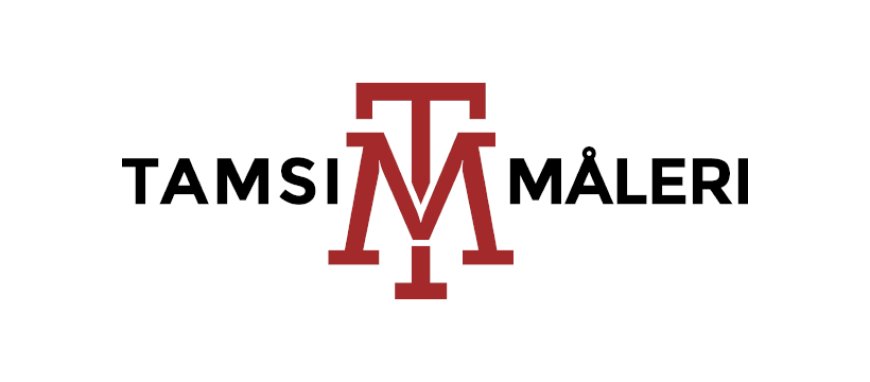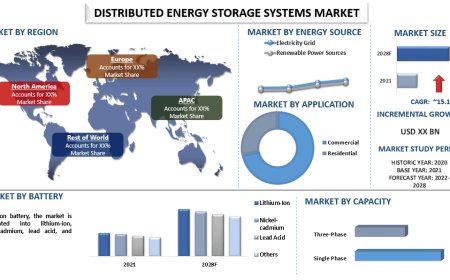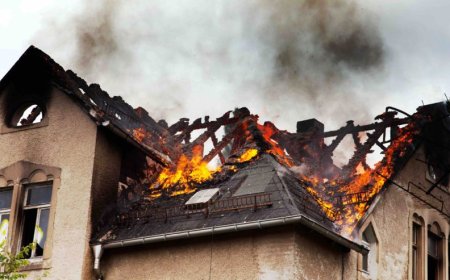Stay Compliant & Prevent Fires: An Illinois Restaurant's Guide to Kitchen Exhaust Cleaning

For any restaurant owner or manager in Illinois, the kitchen is the heart of the business. Its a place of creation, energy, and delicious aromas. But lurking above your cooktops is a silent threat that can bring your entire operation to a halt: a dirty kitchen exhaust system.
Grease buildup isn't just an eyesore; it's the single biggest fire hazard in a commercial kitchen and a primary reason for failing health and fire inspections. This guide will walk you through why professional kitchen exhaust cleaning isn't just a good ideait's an essential requirement for staying compliant, preventing fires, and protecting your business in Illinois.
The High Stakes: Understanding the Twin Dangers
Ignoring your kitchen exhaust system exposes your business to two critical risks that no owner can afford to take.
1. The Unseen Fire Hazard
Every time you fry, grill, or saut, tiny particles of grease become airborne. Your exhaust system is designed to pull this grease-laden vapor away from the cooktop, but it doesn't just disappear. It cools and solidifies, coating the inside of your hood, filters, ductwork, and the rooftop fan.
This thick, sticky accumulation is highly combustible fuel. All it takes is one flare-up from a stovetop or charbroiler to ignite the grease in your hood. From there, the fire can race through the ductwork and engulf your entire building in minutes. It's a devastating scenario that is entirely preventable.
2. Staying on the Right Side of the Law in Illinois
Fire marshals, local health departments, and insurance companies across Illinois operate based on a national standard: NFPA 96 (Standard for Ventilation Control and Fire Protection of Commercial Cooking Operations). This standard explicitly outlines the legal requirements for maintaining a clean and safe kitchen exhaust system.
Failing to comply can result in:
-
Hefty Fines: Fire marshals can issue significant penalties for non-compliance.
-
Forced Business Closure: In serious cases, authorities can shut down your restaurant until the system is professionally cleaned.
-
Voided Insurance Claims: If a fire occurs and your system is found to be non-compliant, your insurance provider has grounds to deny your claim, leaving you with the full financial burden.
What "Professional Cleaning" Really Means
Many people believe that cleaning the visible hood canopy is enough. However, true professional service addresses the entire system from top to bottom, ensuring every component is cleaned to bare metal.
A compliant cleaning service includes:
-
Kitchen Hood: The interior and exterior of the canopy above your cooking equipment.
-
Baffle Filters: Removing them for a deep degreasing soak.
-
Ductwork: Cleaning the hidden channels from the hood to the roof fan.
-
Exhaust Fan: Scraping and cleaning the fan blades and housing on the rooftop unit to ensure it runs efficiently and safely.
Professionals use specialized scraping tools, food-safe chemical degreasers, and high-pressure hot water to remove every trace of hazardous grease.
Your Cleaning Schedule: NFPA 96 Guidelines for Illinois Restaurants
"How often do I need to get my system cleaned?" is one of the most common questions. NFPA 96 sets the frequency based on the type and volume of your cooking operations.
-
Monthly: Required for systems serving solid fuel cooking (e.g., wood-burning ovens, charcoal grills).
-
Quarterly: For high-volume operations like 24-hour restaurants, charbroiling, or wok cooking.
-
Semi-Annually: The most common frequency, required for moderate-volume cooking operations.
-
Annually: For low-volume operations, such as kitchens in churches, day camps, or seasonal businesses.
Choosing Your Cleaning Partner in Illinois
Not all cleaning companies are created equal. To ensure you receive a compliant and effective service, ask any potential provider these questions:
-
Are you certified and fully insured? Ask for proof. This protects you from liability.
-
Do you strictly follow NFPA 96 standards? A reputable company will know the standard inside and out.
-
Will I receive a post-service report? A detailed report, often including before-and-after photos, is your proof of compliance for inspectors and insurance agents.
-
Do you provide a Certificate of Performance? After cleaning, a dated, weather-proof sticker should be placed on the hood, clearly indicating your next cleaning date.
An Investment, Not an Expense
Viewing professional kitchen exhaust cleaning as a business expense is a mistake. It is a critical investment in the safety of your staff, your customers, and the future of your restaurant. The cost of a routine cleaning is insignificant compared to the cost of a fire or a forced shutdown.




































